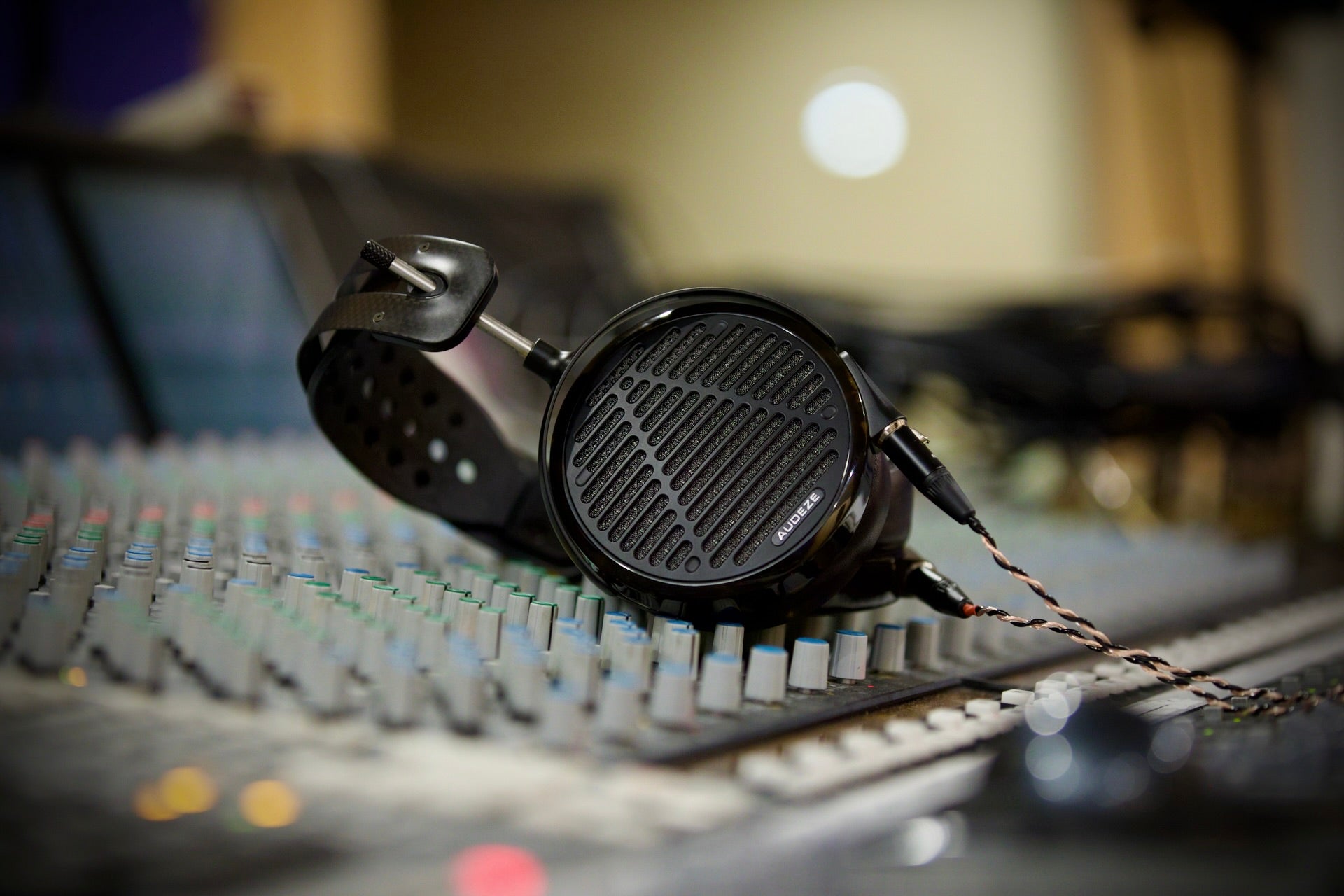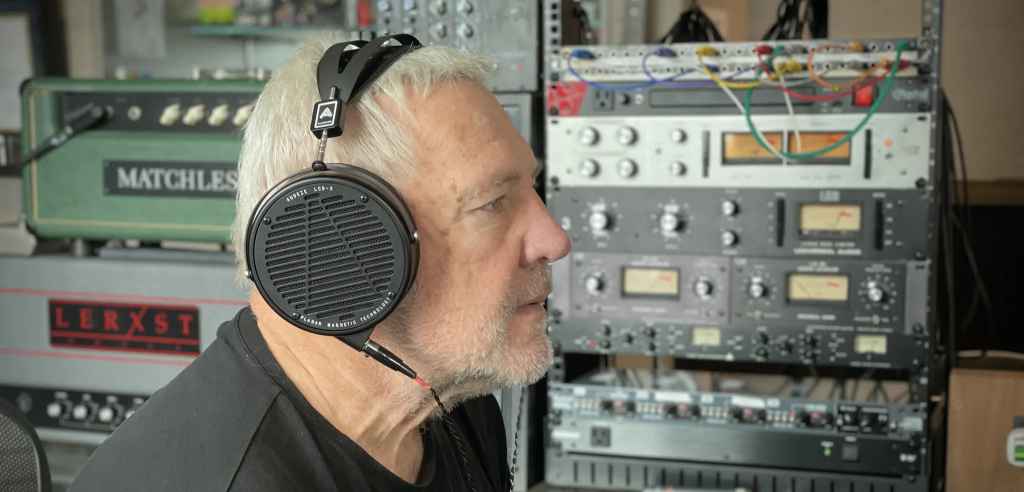
Alex Lifeson is a Canadian musician, best known as the guitarist of the Canadian rock band Rush.
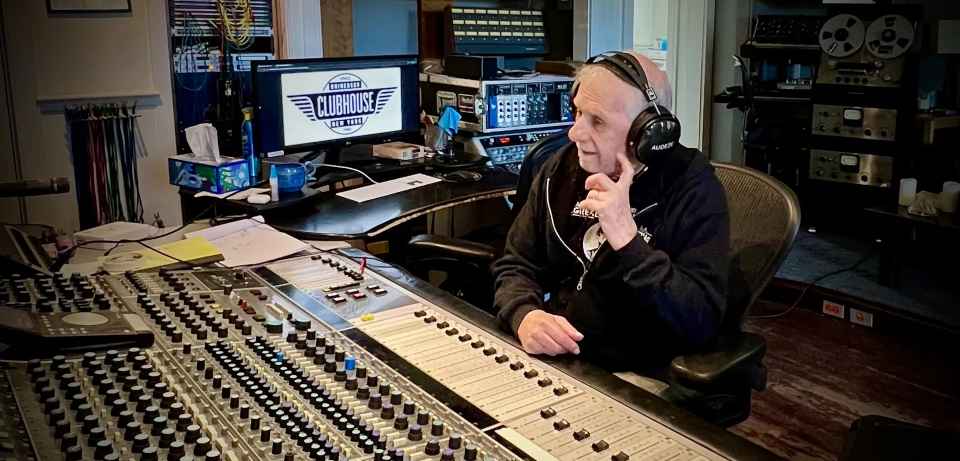
Elliot Scheiner is an engineer and producer. He started working for Phil Ramone at his A&R studios which at that time was considered one of the best studios in the country.
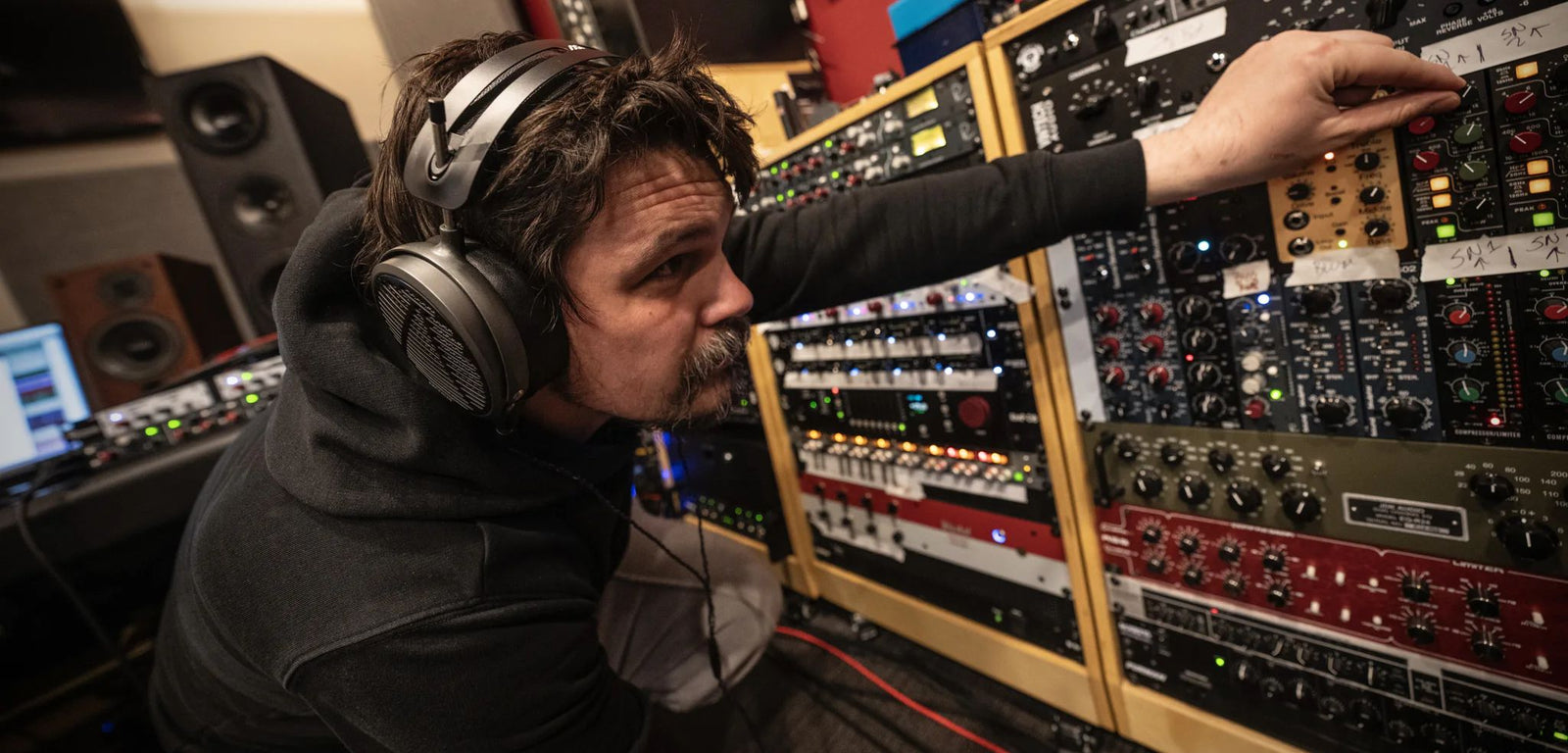
James 'Jimmy T' Meslin is a Grammy winning recording, mix, and live sound engineer based out of Long Island, NY. He's probably best known for his work with prog-metal giants Dream Theater and their affiliated projects.
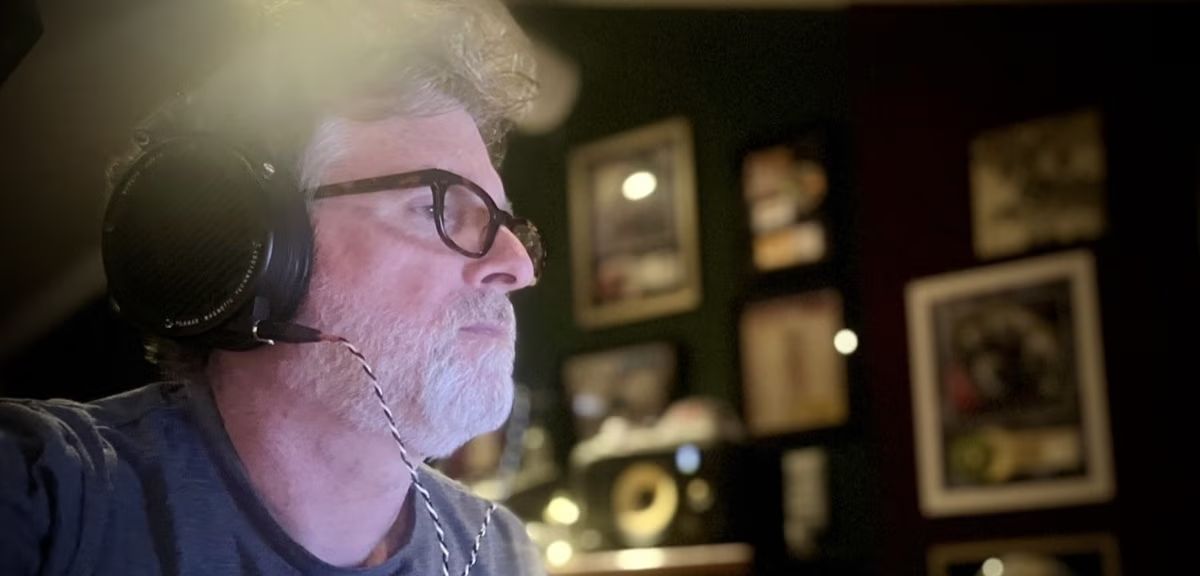
Dave Way has been mixing longer than he hasn’t. Platinum albums, No. 1 singles, 4 Grammys, 19 Billion streams with names like Michael Jackson, Fiona Apple, P!nk, Xtina Aguilera, Ringo Starr, Iron And Wine, Sheryl Crow, Marshmello, Fall Out Boy, Kesha, Macy Gray, TLC, Victoria Monet, Sons Of Anarchy, Tracy Chapman, Ben Folds, John Doe, MC5, Spice Girls, Weird Al, Paul McCartney, Bobby Brown, Mick Jagger and many, many more.
March 05, 2024
Andrew Mullin is a Toronto-based audio engineer and educator who is passionate about capturing and shaping sound while empowering musicians to realize their artistic vision. As a faculty member at Humber College, Andrew has had the pleasure of collaborating with some of Canada’s top musicians and supporting future generations of musicians and audio engineers.
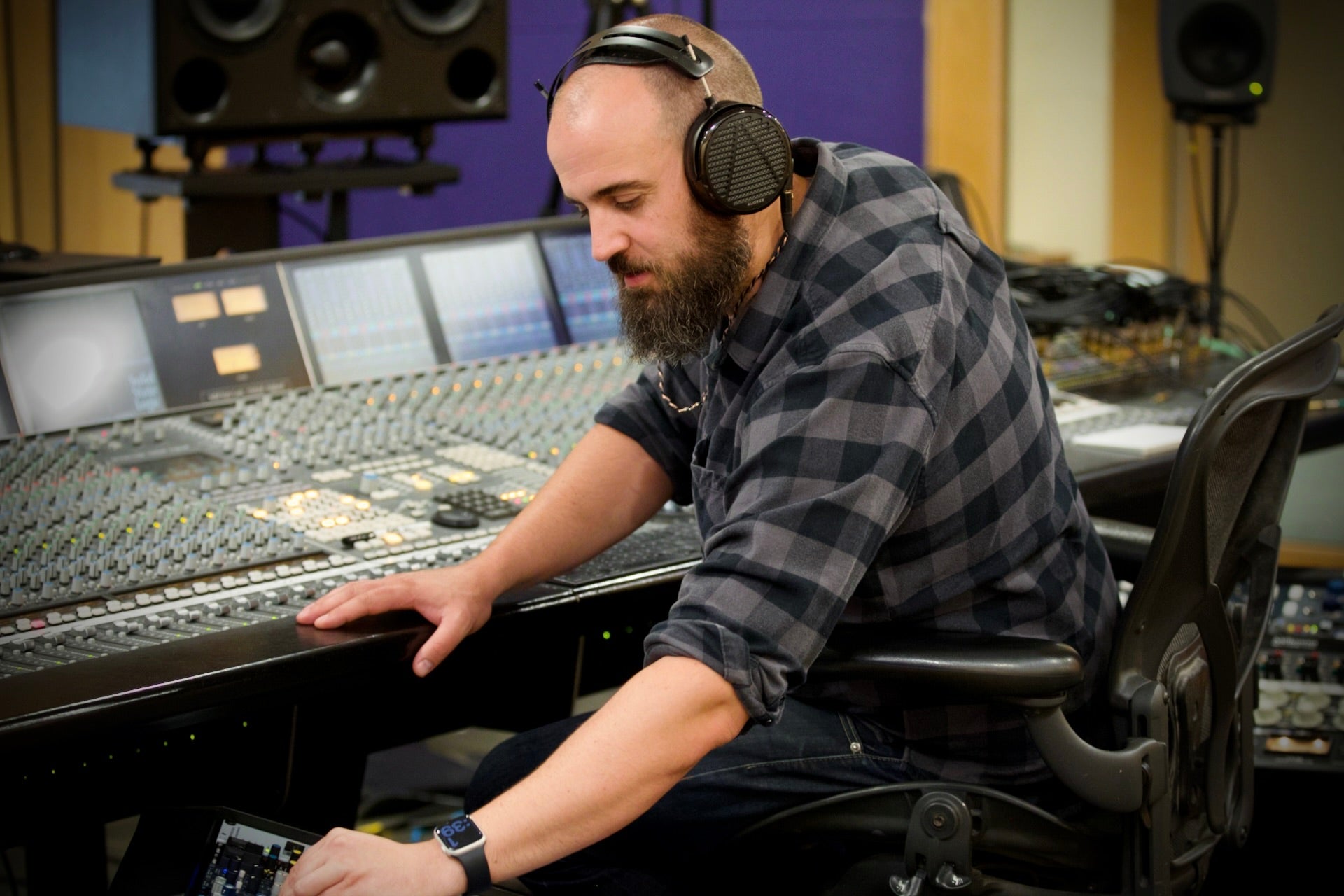
It is hard to choose highlights as I feel like a super-fan of all the artists I’ve worked with. Some records that have really stuck with me include Justin Dunlop’s “Black Bay Nocturnes”, Vivienne Wilder’s “postromantic”, Nick Doneff’s self-titled LP, Living Fossil’s “NEVER DIE!”, The O’Pears “Like Those Nights", Georgian Bay’s “Courage”, The Ladom Ensemble’s “The Walls are Made of Song" and Juno-nominated records by Mark Kelso “Chronicles of Fezziwig” and Amanda Tosoff “Words”. I would be remiss if I didn’t mention the numerous student EPs that I have also been a part of. Student’s in Humber College’s Bachelor of Music program are given resources and faculty guidance to make their own EP as part of a capstone project. Highlights from this outstanding work can be found below:
Humber Music 4th Year Recordings Projects 2017
Humber Music 4th Year Recording Projects 2016
In most cases I am recording and mixing the projects I work on. Often there is an aspect of co-production as well. I love the collaborative nature of making records. I really just want to help out in any way that I can.
Music was a big part of my environment growing up. I would like to think that as a child hearing my sister practicing piano as I was falling asleep influenced me on a deep level. Having an older sibling curate music recommendations was also very impactful. My sister gave me Smashing Pumpkin’s “Siamese Dream” on cassette for Christmas in 1993 - this not only inspired me to learn guitar but also started a lifelong fascination with the sounds I was hearing on records. My tastes certainly evolved as I began playing drums and studying Jazz but they have always remained quite eclectic. Working in music production and education has been vital for exposing me to new music and challenging me as a listener and music fan.
Looking back, there are several key people and experiences that influenced my musical journey. It all begins with my parents who have supported and enabled me in so many ways. They didn’t even flinch when I dropped out of science to go into music. Early on, my high school music teacher, Ron Parker, was a great source of inspiration. He had such reverence for music and sound. This set the tone for how I wanted to approach music and my career. I will never forget the pit bands he conducted - they were my earliest band experiences that felt truly connected and greater than the sum of their parts. The time I spent in the sound recording masters program at McGill University was very formative. The orchestral/studio recording experiences, research opportunities, along with the small, tight-knit class has shaped my approach to audio and critical listening ever since. I continue to learn from the people I met in this program who all have successful careers in orchestral recording, research, music production and education. Following McGill I had the opportunity to record with my band at Blackbird Studio in Nashville. George Massenburg, who I studied with at McGill, invited us down to track live in Studio C. It was a transformative week watching a master at work, in a world class studio, all while performing music with my friends. There’s a good chance we are the only ska/punk band to ever record in Nashville with George! Most recently, my colleague Peter Cook has been an important role model as an educator. He cares deeply about his students and is committed to the details in his work. Through our friendship I have grown as an educator and as a person.
Understanding and managing my perspective while maintaining confidence in my decisions has certainly caused frustration in the production process. Human hearing and the whole cognitive process of listening can be very fickle. What we like or dislike and what we hear or don’t hear can change depending on so many factors. Add to that navigating mix translation to different listening environments/playback systems, and you create great potential for frustration. Ultimately, music production and mixing is a very human process which brings beauty, nuance, flaws and idiosyncrasies along with it. Being aware of what factors impact your perspective can inform and empower your decisions.
Monitoring and microphones have always been my obsession, I’m not too picky with other aspects of the signal path. I love my ATC25a’s and RME ADI-2 Pro FS. I find this monitoring chain very trustworthy and detailed. As for microphones, the Schoeps MK4s are a great stereo pair, the Coles 4038 have such a rich texture and the Neumann TLM170 is a versatile mic and the unsung hero of the Neumann lineup in my opinion. Instrument-wise I have a custom acoustic guitar built by my uncle, Tim Mullin, who is a master luthier. My skills are not worthy of a custom instrument, so I feel very lucky to have this guitar to play when I am relaxing or searching for inspiration.
Forging a career in music/audio is very challenging so it is important to cast a wide net. If you are too focused on one explicit goal, that tunnel vision can close off opportunities and make getting by in the short term difficult. While my main passion was always making records, I started my career willing to take on any gig (in any genre) that was audio or music related: live sound, archiving, restoration, sound for picture, sound design, broadcast, performing, repair work…anything. Over time, as you build a network and gain experience, you can focus on the specific avenue you are most passionate about. I would never have met so many wonderful people, which led to incredible record making opportunities, or found my way into education, had I not taken this approach.
I have been working with headphones for my entire career - as a player when tracking, as an engineer searching for a consistent reference and as a fan when listening casually. From an engineering standpoint, headphones are integral for checking mix translation and as a consistent reference when working remotely or acclimatizing to new studio spaces. Since 2020, headphones have taken on a new importance for me. The pandemic and a move to a new house/studio forced me to do a lot more work in headphones. This was daunting at first but over time I built more confidence to do the majority of my mixing work on headphones with a final check on speakers, instead of the other way around. This set me on a path to find the absolute best headphone critical listening experience, which has brought me to Audeze.
I’m not sure who to attribute this to, but I’ve always liked the saying “records don’t get finished, they get released”. At some point you just need to put music out into the world and move on to the next project!
There has been little to no learning curve with the LCD-5s, they just made sense right away. They are so comfortable, natural and enjoyable to mix on. While the frequency response is very balanced it is the time-domain characteristics that are the most impressive. The transient detail and imaging is astonishing. This has brought a new level of acuity to my mix decisions especially with regards to spatial characteristics. I have only been working on the LCD-5s for a few months but I can't imagine working without them!
The LCD-5s arrived just as I was finishing up mixes for Mingjia Chen's Tortoise Orchestra, which has been a few years in the making. Due to the long timeframe, and moving studios several times, it has been challenging to maintain perspective and consistency. Listening on the LCD-5s as a detailed and trustworthy monitoring path has been essential for quality control during final revisions. Next up I will be working on a record for Mike Downes and some singles for The Dunlop Brothers.
